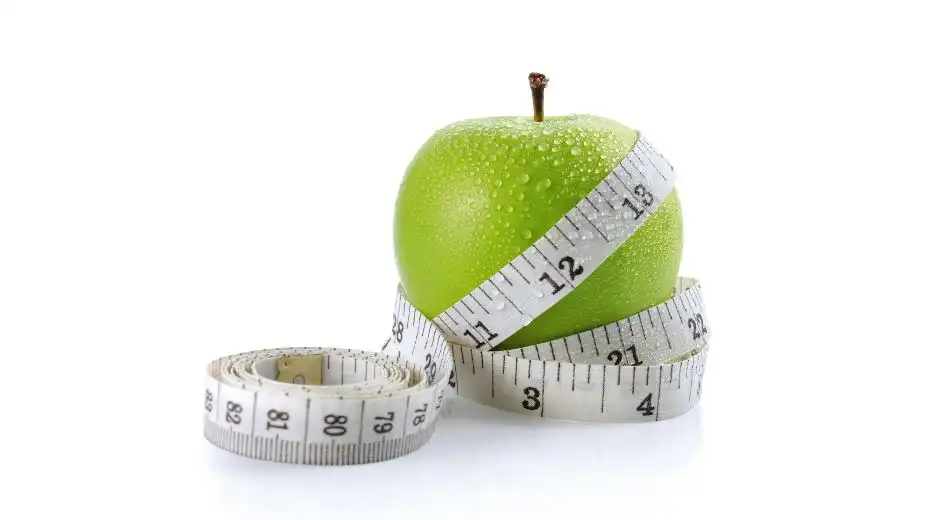Nutrition is a crucial aspect of losing weight, but with so much conflicting advice, it can be difficult to know what to pay attention to. We asked the expert advice of the diet counsellor for the Weightloss Programme at Resort Bad Ragaz in Switzerland.
1. How many calories do I need?
The base metabolic rate is based on a formula, which contains age, gender, body height and weight. In addition, you have to consider your daily activity or exercise. This all gives you the information how many calories you need per day.2. Which foods should I eat every day?
Vegetables and salads are rich in vitamins, minerals and dietary fibres. However, protein is also very important and should stand on your daily food list. Protein provides you with important amino acid, vitamins, micronutrient and fatty acid.Furthermore you should use high-quality oils, which are an important provider of essential fatty acids. Don’t forget to drink at least two litres of water per day, preferably without gas.

3. Can diets prevent health problems?
Yes, this is not a question of your age, this is a question of your weight and your conditions. Healthy eating is likely to be part of a treatment programme for conditions like diabetes or heart disease, and will be advised on an individual basis by your doctor.4. Are there special weight loss foods?
Yes, for example food with more protein and green tea. In our weight-loss programme we give our patient protein shakes from Winforce®. Depending on the individual programme the Shake will replace one or two meals a day. The shakes are available in different flavours.
5. Are carbohydrates bad?
They’re not basically bad. But, doing less activity or sport means you have less need of carbohydrate. Carbohydrate is sugar and sugar is fat. We recommend you also eat less sugar as sugar is pure toxin for the body. Our target in our weight-loss programme is to burn fat.6. How do you make sure you only eat good fats?
Avoid fast food and convenience products whenever possible. These kinds of products contain many saturated trans-fatty acids, which are absolutely not healthy for us.Rather, you should eat high-quality oils such as olive, rape, soya, walnut, linseed oil, which are an important provider of essential fatty acids. Also preferable are nuts such as walnut, almond, linseed and biological as well as fat from seafood.







